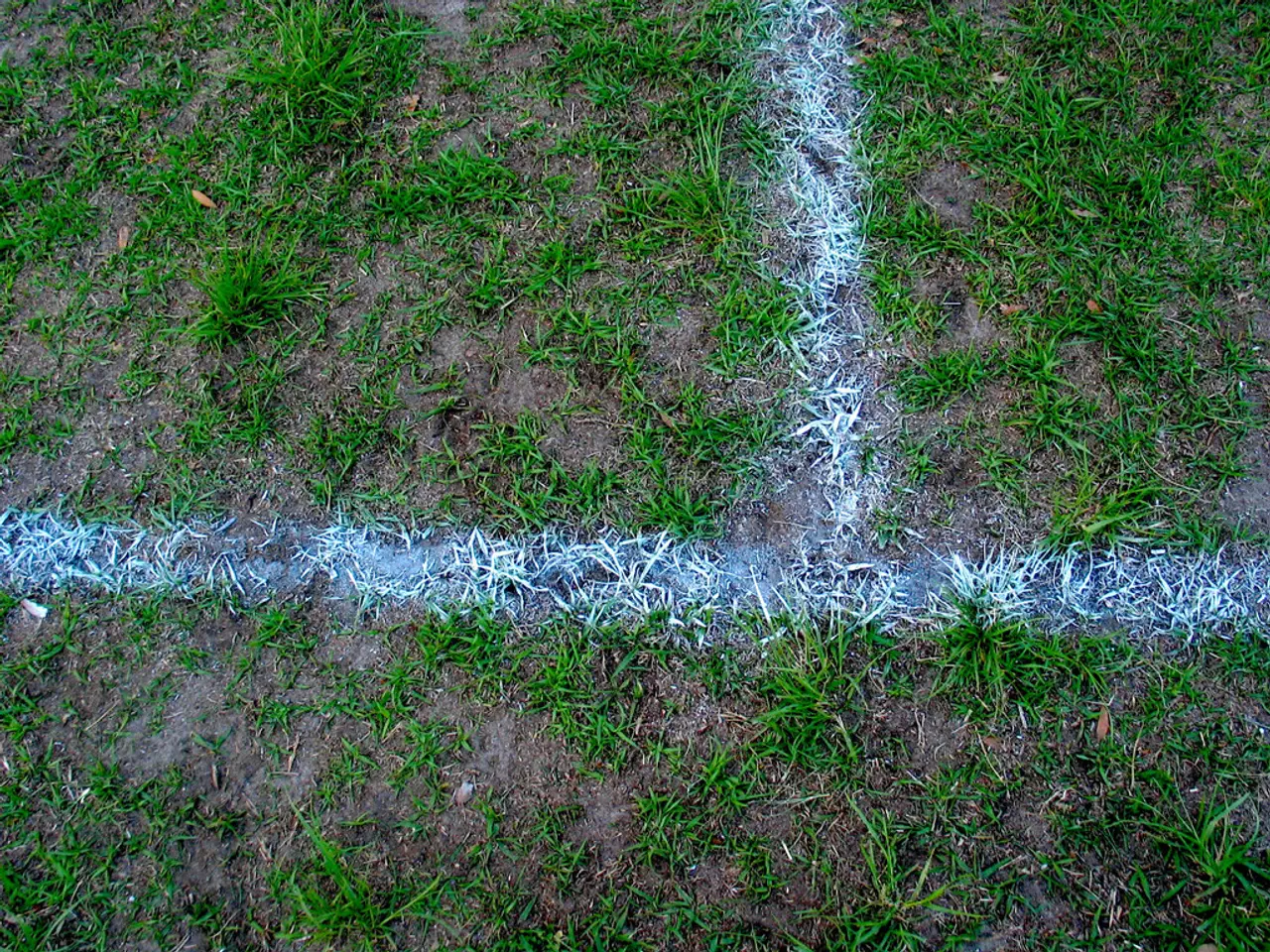Can a Gardener with Scientific Background Claim that Sugar Enhances Lawn Health? Expert Opinion Provided
The "Sugar Lawn Hack" is a popular gardening technique that suggests using plain white table sugar to maintain a lush lawn. This method, while marketed as a natural alternative, has its advantages and drawbacks.
Effectiveness and Mechanism
Sugar can serve as a carbon source for soil microbes, potentially stimulating microbial activity that might improve nutrient cycling and promote soil health indirectly. However, sugar does not supply essential nutrients like nitrogen, phosphorus, or potassium necessary for healthy lawn growth. Certified lawn fertilizers typically contain slow-release nitrogen or specialized nutrient blends designed to meet these needs effectively.
Some anecdotal sources claim sugar may help suppress certain weeds by feeding microbes that compete with or inhibit weed seed germination, but this effect is neither well-documented nor reliable compared to targeted weed control products or integrated lawn care approaches.
Microbial Activity and Risks
Adding sugar can boost soil microbial populations temporarily; however, excessive sugar can disrupt the microbial balance. This may lead to an overgrowth of microbes that consume oxygen rapidly, potentially creating anaerobic conditions harmful to roots.
Elevated microbial activity fueled by sugar can also favour fungal pathogens. Powdery mildew and other fungi thrive in conditions with abundant sugar and organic residues, potentially increasing disease risk if not managed properly. Organic and synthetic lawn fungicides are recommended to control fungal diseases, especially when increased fungal growth is suspected.
Comparison with Conventional Fertilizers and Weed Control
Professional lawn fertilizers supply nutrients in balanced ratios, often using slow-release formulas to reduce nutrient burn and nutrient runoff, improving both lawn health and environmental safety. For weed control, products targeting specific weeds at root level are more consistently effective than sugar or natural remedies.
Summary
Sugar alone is not an effective lawn fertilizer, as it lacks essential nutrients. While it can stimulate microbial activity, excessive use may lead to fungal growth and other soil health issues. Conventional fertilizers with balanced nutrients and tested weed control products remain more reliable for lawn health and weed management.
If fungal growth becomes a problem associated with increased organic inputs, fungicide treatments may be necessary. The sugar lawn hack can boost microbial activity and create a healthy, nutrient-cycling soil environment. Using a broadcast spreader and applying about 5 pounds of white table sugar per 1000 square feet of lawn is recommended.
Sugar is not a substitute for fertilizer, but can be used as a supplement. The "Sugar Lawn Hack" is considered a natural lawn care solution. Fungicide and fertilizer products like those from Scotts can be used to prevent fungal growth when sugaring your lawn. Watering the lawn after applying sugar helps it soak into the soil.
[1] University of California Agriculture and Natural Resources. (2015). Lawn Fertilization. [Online] Available at: https://ucanr.edu/sites/lawncare/files/327029.pdf
[2] University of Rhode Island Cooperative Extension. (2017). Lawn Fungus Management. [Online] Available at: https://extension.uri.edu/files/documents/2018/Lawn_Fungus_Management.pdf
[3] University of Minnesota Extension. (2019). Weed Control in Lawns. [Online] Available at: https://extension.umn.edu/yard-garden/weed-control-lawns
[4] University of Wisconsin-Madison Extension. (2016). Organic Lawn Care. [Online] Available at: https://learningstore.extension.wisc.edu/products/organic-lawn-care
[5] National Gardening Association. (2013). Lawn Fertilizers: What You Need to Know. [Online] Available at: https://www.gardeningknowhow.com/garden-how-to/soil-fertilizers/lawn-fertilizers.htm
- While sugar may temporarily boost soil microbial populations and promote nutrient cycling, it is not a sufficient replacement for certified lawn fertilizers that supply essential nutrients like nitrogen, phosphorus, and potassium.
- Excessive sugar use in gardening can disrupt the delicate balance of soil microbes, potentially leading to harmful anaerobic conditions or increased fungal growth, particularly powdery mildew and other fungi.




